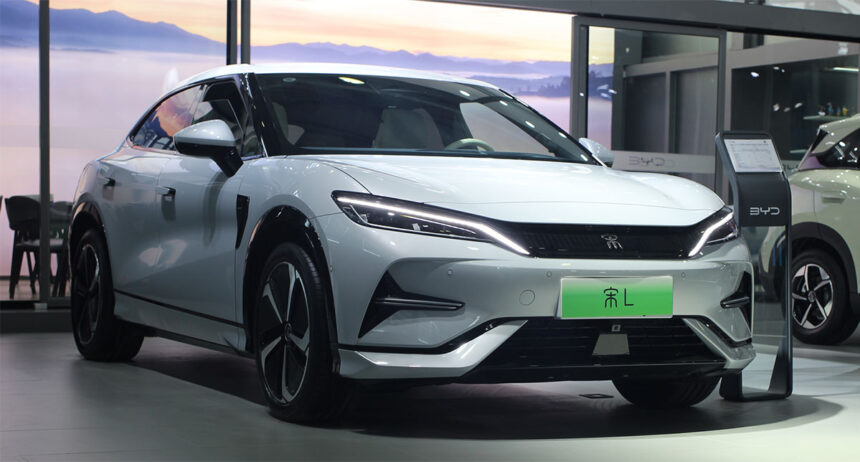BYD is reportedly in the process of developing its own smart driving chip with a computing power of 80 TOPS, which will be utilized in their vehicles priced between RMB 80,000 and RMB 300,000. This move follows in the footsteps of other car manufacturers like Nio and Xpeng who have also ventured into creating their own smart driving chips.
The smart driving chip development is being spearheaded by a team at BYD Semiconductor, with assistance from some suppliers who are providing technical expertise. This initiative is part of BYD’s broader strategy to enhance vehicle intelligence, with plans to introduce variants equipped with intelligent driving systems across all their products in the coming year.
Zhang Zhuo, the general manager of BYD’s Ocean series sales division, revealed that the company aims to incorporate their in-house developed smart driving system in models priced around RMB 150,000 or even lower within the next 2-3 years. Additionally, BYD plans to introduce a variant of the Seagull model next year with a smart driving system onboard. The Seagull, which is currently the most affordable BYD model, was released earlier this year with a starting price of RMB 69,800.
Reports suggest that BYD may initially use Nvidia’s Orin N or Horizon Robotics’ J6E smart driving chips in models priced at around RMB 100,000, offering features such as highway NOA (Navigate on Autopilot). However, the company aims to eventually transition all their chips to the in-house developed 80 TOPS chip in the future.
Developing their own smart driving chip will enable BYD to iterate rapidly on their hardware solutions and seamlessly integrate them with their software algorithms. In-house chips can also help reduce costs and solidify BYD’s competitive pricing advantage in the market.
In a recent development, BYD’s sub-brand Fang Cheng Bao unveiled the Bao 8, a new hybrid hardcore off-road SUV model that features Huawei’s driver assistance system. Additionally, BYD showcased their BYD 9000 smart cockpit chip, developed in-house on a 4 nm process, signaling a shift towards using their own chips for driving cockpit systems.
Both Nio and Xpeng have already made significant progress in developing their smart driving chips, with mass production on the horizon. This trend underscores the growing importance of smart driving technology in the automotive industry, as companies strive to enhance the intelligence and autonomy of their vehicles.
In conclusion, BYD’s foray into developing their own smart driving chip reflects their commitment to innovation and technological advancement in the electric vehicle sector. As the competition heats up in the smart driving chip space, BYD’s efforts to create cutting-edge solutions will likely position them as a key player in the evolving automotive landscape.







